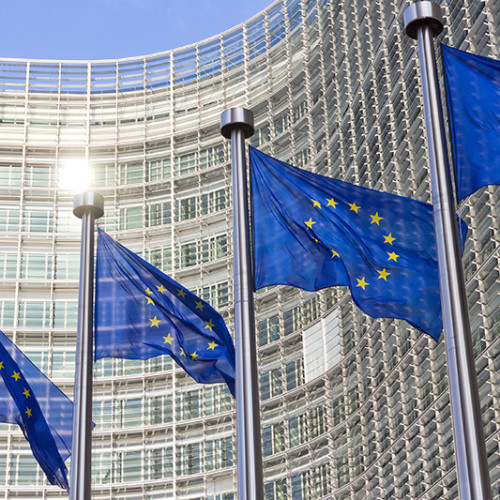
The World Gastroenterology Organization (WGO) recently released an updated guideline document, aimed at helping gastroenterologists and other physicians understand the appropriate clinical applications of probiotics or prebiotics. The guideline was created with input from experts in gastroenterology, probiotics and prebiotics, with efforts co-led by experts from the International Scientific Association for Probiotics and Prebiotics (ISAPP). To create these guidelines, experts comprehensively evaluated the evidence from randomized, controlled trials for gastrointestinal conditions, including which specific prebiotic strain or substance showed a positive effect. The guidelines present a list of conditions for which there is positive evidence for the effectiveness of probiotics and/or prebiotics.

The bill, which contains provisions banning the production and marketing of animal cell-based cultured food and feed, was proposed by the Minister of Agriculture, Food Sovereignty and Forestry and the Minister of Health, and approved by the Council of Ministers.

The cannabidiol, CBD, an active substance most often of natural origin, is one of the phyto-cannabinoids. CBD, as the tétrahydrocannabinol (THC ), is present in the cannabis flowers and leaves. It is a non-addictive psychotropic drug, unlike THC. It is also a component in the form of an extract, medicine, or everyday consumer products, only some of which are authorised in France under specific conditions of THC content. In addition, CBD is considered at European level as a novel food whose safety is currently being assessed by EFSA.

The EFSA’s Scientific Committee has assessed the exposure to copper from all dietary and non-dietary sources for the first time for this substance. He has concluded that the combined exposure to copper from all sources does not pose health concerns for the EU population.

Under a new Regulation, lesser mealworm larvae enter the list of authorized novel foods.

Vitamin D3, or cholecalciferol, is essential for the proper functioning of our body and plays a decisive role in the quality of bone tissue. It is provided by food (dairy products, fish, eggs) and is produced by skin exposed to the sun. However, more than 1 in 3 French people fail to meet their physiological vitamin D3 needs, which is a major public health concern. Indeed, a vitamin D3 deficiency exposes people to known risks for human health, in particular during periods of growth. Pediatric societies recommend routine vitamin D supplementation for children to prevent rickets and for the elderly to avoid osteoporosis.

Conformément à l’article 31 du règlement (CE) n° 178/2002, la Commission européenne a demandé à l’EFSA d’évaluer si les données de deux nouvelles publications scientifiques présentées par la Société italienne de toxicologie étaient suffisantes pour réviser leurs conclusions sur la sécurité des dérivés d’hydroxyanthracène dans les aliments.

A new One Health Joint Plan of Action (OH JPA) has been launched by the Food and Agriculture Organization of the United Nations (FAO), the United Nations Environment Program (UNEP), the World Health Organization (WHO) and the World Organization for Animal Health (WOAH). This first Joint Plan on One Health aims to create a framework to integrate systems and capabilities so that we can collectively better prevent, predict, detect and respond to health threats. This initiative aims to improve the health of humans, animals, plants and the environment, while contributing to sustainable development.

On 28 June 2022, a webinar information session was held to present the recently published EFSA “Statement on safety of cannabidiol as a novel food: data gaps and uncertainties” to stakeholders.

The EFSA scientific opinion, adopted last July, concluded on the safety of a preparation obtained from Akkermansia muciniphila. Orchidali resumes and comments the topic.